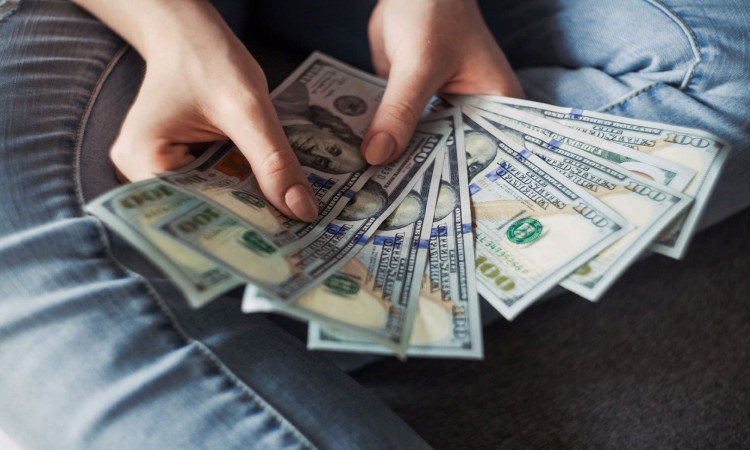Amid the new novel coronavirus outbreak, authorities now warn people to be more cautious in handling cash. The World Health Organization recently told The Telegraph how cash could become the new vessel, which can transfer the COVID-19 virus from one source to another.
"We know that money changes hands frequently and can pick up all sorts of bacteria and viruses and things like that", shared by the WHO representative. He further shared how it is crucial to always consider washing or sanitizing the hands after handling banknotes to protect yourself from the virus.
Furthermore, the expert also advises people to at least avoid using cash in the meantime. When purchasing, better stick with cashless payments such by using UPI Apps, E-wallets, debit-credit cards, net banking, and online transfer instead. Also, when going out of the house, better refrain from touching your face, mouth, nose, and eyes so the virus won't get in your system. It is also more advisable not to go to crowded places and even come near someone who is sick.
Experts are still unsure of how long the novel coronavirus will be able to live outside its host. In the meantime, many claims viruses like this can survive on surfaces of an inanimate object for up to nine days. But that would still depend on some factors such as the humidity and temperature of the place.
To stop the spread of the virus in their country, the leaders of both Korea and China have been working hand in hand with their people in isolating and disinfecting every banknote they have especially those that are from the hospitals. Using an ultraviolet light and by exposing the money in high temperatures, the currencies are then secured, sealed, and sterilized for 14 days. Once done and ready, this money will then be released back for the people to use.
Though other countries have already started to disinfect their banknotes, some countries still have not considered it yet. One of those in England. The US Treasury Department, on the other hand, still hasn't made its decision yet.
Aside from the new novel coronavirus, the study revealed how other bacteria and viruses can also thrive in coins and cash for days. These pathogens include E.coli, Salmonella, Norovirus, Human Influenza virus, Rhinovirus, Rotavirus, and Hepatitis A virus, as enumerated by the US National Library of Medicine National Institutes of Health.
Meanwhile, the new novel coronavirus has presently inflicted about 90 countries around the world. With over 98,437 cases and 3,387 deaths, the three most affected countries are China, South Korea, and Italy with over 80,555, 6,284, and 3,858 of total cases respectively.






